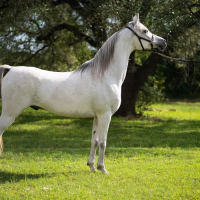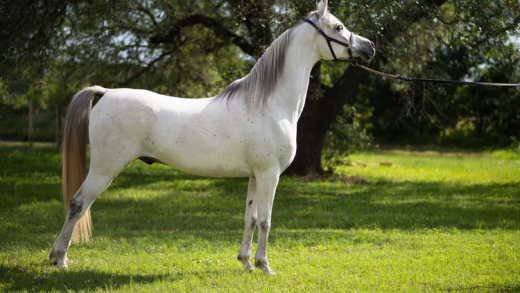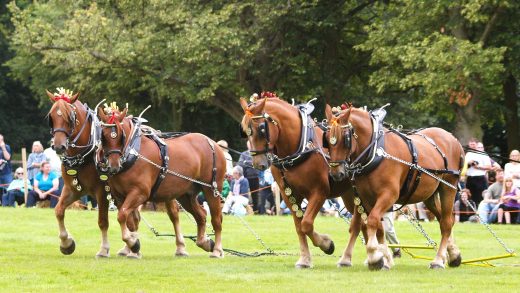
Table of Contents
Introduction: Senior Dog Food
Dogs like any other animals undergo changes as they mature and this means that they need a change of diet as well in order to provide for all the necessary needs in their bodies. Old breed as any other organism also has certain changes that may affect its metabolism, its digestion process and in general. Thus, preparing proper meals with regard to their requirements is essential in order to make their elderly years full and comfortable. There are some principles for choosing the food for a senior dog as well as the ways to satisfy the particular nutritional demands of your pet.

Understanding Senior Dog’s Nutritional Needs
Seniority may cause a low metabolism rate in the body, loss of muscles, change in digestion, and some diseases including arthritis, dental disorders, and weakened immune system. Consequently, their dietary requirements differ from those of younger dogs in several key aspects.
Lower Calorie Content:
Unfortunately, aging in dogs is accompanied with decrease in activity levels and thus the metabolism slows down so a senior dog may require less calories to add weight. Choosing the right dog food that is designed for senior dogs ensures that they are given the right calorie balance so that they don’t become under or over-weight.
Higher Protein Content:
Protein is particularly important in muscle mass especially in supporting the body’s fundamental needs. Senior dog food may be rich in protein formulation to regain the muscles that the old age is likely to pull off. Consumption of easily digestible proteins such as chicken, fish or eggs should be sought.
Joint Support:
Some of the common health challenges that are well known to affect many senior dogs are; Joint stiffness and arthritis. There are foods which are processed with glucosamine and chondroitin sulfate that may assist in the joint health and movement pattern of your elderly dog for an active setting.
Digestive Health:
Some senior dogs may also have more seriously affected digestion. To sum up, selecting dog food with the contents that are easy to digest, containing probiotics, and prebiotic fibers can help improve the digestion and decrease the tendencies of gastrointestinal disorders.
Dental Health:
Gingival diseases and other dental pathologies are frequent in geriatric canine and may cause the pet to suffer from oral pain when taking solid foods. It could also be wise for you to feed your pet dry kibble which has a hard texture that will massage its teeth and gums to ease pain it may be experiencing and support dental health.

Selecting the Right Dog Food
In case you are now in the position of procuring food for your older companion then you need the best quality and one that will suit your elderly dog. Here are some tips for choosing the right food: Here are some tips for choosing the right food:
Consult Your Veterinarian:
It is therefore advisable that one consult ones’ veterinarian s in regard to the ideal dog diet or in relation to any particular condition or illness that your dog may have. Here, they can guide you on which dog food you can use at home depending on the age of your senior dog, the size, breed, or any disease he/she could be suffering from.
Read the Label:
It is important to look for products such as dog food that is labeled for senior dogs. Ensure you go through the list of ingredients used in the preparation of the meal to make sure that the protein used are of high quality and that the vitamins and minerals used are also intact without many fillers or artificial products.
Consider Special Formulations:
Certain old breeds develop certain health issues which include problems affecting the kidney and sensitivity to certain food compounds. In certain circumstances, your vet may suggest and endorse special types of foods for special needs or prescription diets and therapeutic foods for dogs.
Monitor Your Dog’s Response:
Observe your senior dog’s reaction to changes in diet to ensure they are receipt of an adequate nutrition intake. Provide an update on their daily weights, activity levels, coat condition, and general health. For them to grow well should help change their diet or even formula if there are some signs that the infant is not doing well on the one given to her.

Conclusion
Feeding older dogs is equally as important as feeding puppies and selecting the most appropriate diet plan may assist in promoting the health and well-being of dogs as they age. With a focus on their changing nutritional requirements and proper choice of the canine meal brands that cater for these requirements, you stand to help your elderly friend live out their years to best of their abilities. It is thus important to consult your veterinarian on your senior dog and provide utmost care or concern to your pet’s needs.
Image Source: Getty Images
















